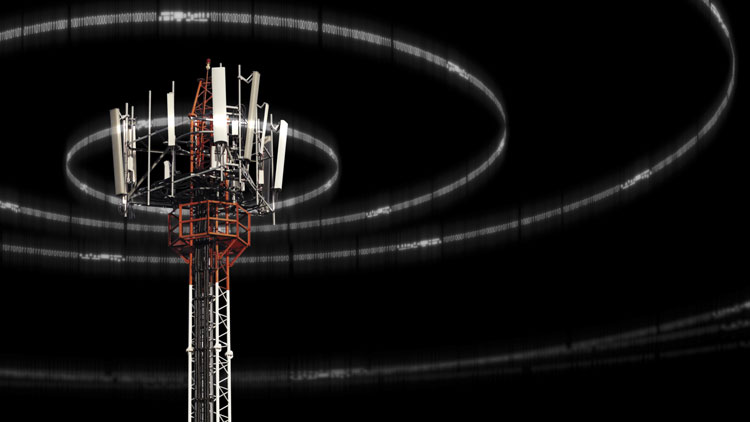Supreme Court rules police generally need a warrant to get cellphone location data

Shutterstock
The U.S. Supreme Court ruled in a 5-4 decision Friday that that police generally need to get a warrant supported by probable cause before obtaining cellphone location data.
“Given the unique nature of cellphone location records, the fact that the information is held by a third party does not by itself overcome the user’s claim to Fourth Amendment protection,” Chief Justice John G. Roberts Jr. wrote in the majority opinion.
Roberts’ opinion was joined by Justices Ruth Bader Ginsburg, Stephen G. Breyer, Sonia Sotomayor and Elena Kagan.
Roberts emphasized that the decision is narrow. It does not call into question conventional surveillance techniques and tools, such as security cameras; does not address other business records that might incidentally reveal location information; and does not consider other collection techniques involving foreign affairs or national security.
The court ruled in the case of Timothy Carpenter, who was convicted on federal robbery and weapons-related charges and sentenced to 116 years in prison for a string of armed robberies in Michigan and Ohio.
The government had obtained more than 120 days’ worth of cellphone location records for Carpenter under the Stored Communications Act. The law authorizes release of records when there are “specific and articulable facts showing that there are reasonable grounds to believe” the records are “are relevant and material to an ongoing criminal investigation.”
That showing fell far short of probable cause, Roberts said.
There were several dissenting opinions. In one dissent, Justice Anthony M. Kennedy said the majority opinion represented a “stark departure from relevant Fourth Amendment precedents and principles.” The decision puts criminal investigations “at serious risk in serious cases” and places undue restrictions on law enforcement, he said.
“Cell-site records are uniquely suited to help the government develop probable cause to apprehend some of the nation’s most dangerous criminals: serial killers, rapists, arsonists, robbers, and so forth,” Kennedy wrote. Kennedy’s dissent was joined by Justices Clarence Thomas and Samuel A. Alito Jr.
Thomas filed a separate dissent. Alito filed a separate dissent joined by Thomas. Justice Neil Gorsuch also dissented.
Gorsuch called for a re-evaluation of the way courts analyze Fourth Amendment claims. He said cellphone location data may be entitled to protection, but Carpenter had forfeited his most promising line of argument involving “positive law.”
The case is Carpenter v. United States.
Related articles:
ABA Journal: “SCOTUS considers limits to the government’s surveillance powers over personal technology”
ABAJournal.com: “Gorsuch appears to side with liberals on need for warrant to get cellphone location data”
ABAJournal.com: Chemerinsky: “A quartet of Fourth Amendment cases to watch”



